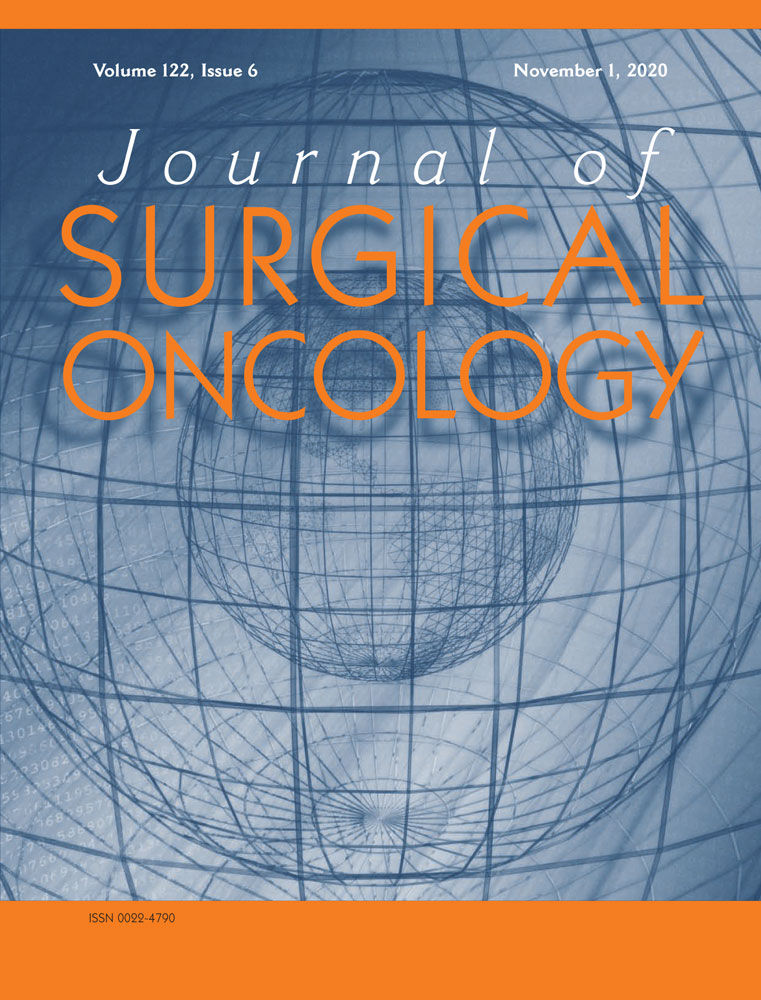The effect of sarcopenia on perioperative complications in abdominally based free-flap breast reconstruction
Abstract
Purpose
The identification of patient-specific risk factors, which predict morbidity following abdominally based microvascular breast reconstruction is difficult. Sarcopenia is a proxy for patient frailty and is an independent predictor of complications in a myriad of surgical disciplines. We predict that sarcopenic patients will be at higher risk for surgical complications following abdominally based microvascular breast reconstruction.
Methods
A retrospective study of all patients who underwent delayed abdominally based autologous breast reconstruction following postmastectomy radiation therapy from 2007 to 2013 at a single institution was conducted. Univariate and multiple logistic regression models were used to assess the effect of sarcopenia on postoperative outcomes.
Results
Two hundred and eight patients met the inclusion criteria, of which 30 met criteria for sarcopenia (14.1%). There were no significant differences in demographics between groups. There were no significant differences in minor (36.7% vs 44.4%; P = .43) or major (16.7% vs 25.3%; P = .36) complications between groups as well as hospital length of stay. Multivariable logistic regression demonstrated that a staged reconstruction with the use of a tissue expander was the only consistent variable, which predicted major complications (OR, 2.24; 95% CI, 1.18-4.64; P = .015).
Conclusions
Sarcopenia does not predispose to minor or major surgical complications in patients who undergo abdominally based microsurgical breast reconstruction.
CONFLICT OF INTERESTS
The authors declare that there are no conflict of interests.
Open Research
DATA AVAILABILITY STATEMENT
The data that support the findings of this study are available on request from the corresponding author, and are not publicly available due to privacy or ethical restrictions.




